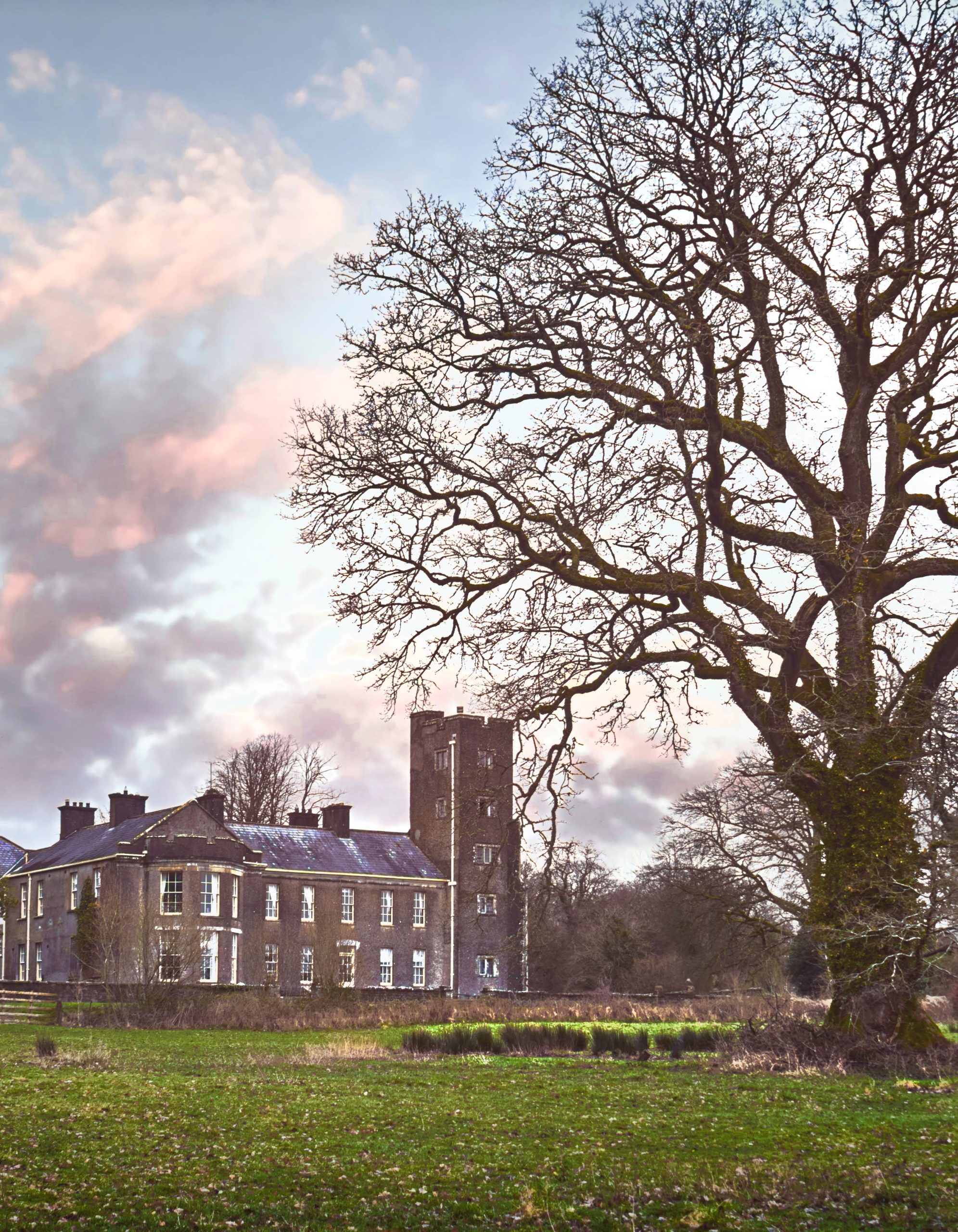In my previous post, I noted the remarkable prayer for healing that Baptist theologian Hanserd Knollys made on behalf of his gravely ill friend, Benjamin Keach. Praying in the vein of Hezekiah as recorded in 2 Kings 20, Knollys received what he asked. Keach was restored to full health and lived fifteen additional years.
Was this an isolated incident without parallel during the late seventeenth century?
Michael Haykin has shown that in fact, there were other stories of a similar nature in Baptist history. In Kiffen, Knollys, and Keach, he includes another miraculous healing, that of a certain Francis Langdon of Cornwall.
Captain Langdon sought baptism at the hands of Abraham Cheare (1628–1668) of Plymouth. Cheare records that upon visiting Langdon, he found a man ravaged by pulmonary Tuberculosis. Unable to stand, barely able to speak, and racked by fits of coughing, Langdon was in such sad shape that Cheare wondered if he would live another day. It was January, and the only location with water deep enough for immersion was an outdoor pond. Notwithstanding these obstacles, Langdon insisted that he be baptized.
Cheare’s congregation was unsure what course to take. Would they deny a dying man his wish to be baptized in the mode that Cheare and others had passionately preached was the most faithful to Scripture? On the other hand, was it not reckless, possibly even “putting the Lord to the test?” Cheare feared they could be guilty of the latter.
In any case, the congregation prayed diligently for wisdom, and though they did not reach a unanimous verdict, the majority believed that Langdon’s health had deteriorated to such a degree that if he wasn’t supernaturally healed, he would die whether they submerged him or not. On a set day, Cheare himself baptized two women but when it came to Langdon, admitted that he did not possess to the faith to immerse the captain. Cheare records what happened next:
Brother Muckel goeth down with him into the water, and he is led by two or three men, he baptizeth him. Immediately as soon as he is out of the water, he requireth that no person hold him, but strongly, swiftly as one that runneth, he goeth up alone against the hill which was very steep, 50 or 60 feet, and then was led and helped home, declaring that he found at that instant—recovery. He is put into his bed, speaketh strongly and heartily; after that Lord was waited upon for an hour, he calleth for victuals, desires beef and pork, afterwards lieth him down to sleep, and sleeps very well all that night for the space of seven or eight hours; had not one straining pull of the cough that night, when he waketh, he saith, he could have slept longer, but was unwilling to have the friends depart till he had spoken of the salvation of God. He is very hearty all the morning, ariseth about noon, but tarried not long up, saying, he found the bed more comfortable than the fire, and I think had some faintness, but still declared that he lived by faith to have cure perfected by degrees, as his weakness grew by degrees. He rejoice much that the Lord had so manifestly owned his ordinance.[1]
Marvelous in its own right, Langdon’s baptism healing had apologetic value for Baptists, for it appeared to vindicate this sickly man’s resolute confidence God was asking him to be immersed as a believer.
An additional element of historical intrigue sheds light on why such accounts aren’t more well-known. Post-Reformation theologians and pastors were conscious that miracle stories played a major role in Roman Catholic apologetics. Eucharistic miracles such as visible blood on the host (consecrated bread) or healing from sacred objects were cited as proof of doctrinal claims.
Protestants were suspicious that many (if not all) of these claims were spurious. As a by-product Protestant-Catholic polemics sowed seeds that would accelerate—albeit unevenly—an increasingly rationalistic view of the Faith. Even among conservative evangelicals—many of them Baptist—who assent to every miraculous claim in the Bible, a conceptual chasm separates God’s action in ancient world from his activity in our own. But this dichotomy is one the Bible itself does not support.
Francis Langdon’s baptismal healing should, at minimum, remind us that our denominational ancestors do not fit snugly in the categories we place them. Abraham Cheare’s admission that he lacked the faith to baptize Langdon confirms C. S. Lewis’ claim in Miracles that,
We all have naturalism in our bones and even conversion does not at once work the infection out of our system. Its assumptions rush back upon the mind the moment vigilance is relaxed.[2]
[1] Michael A. G. Haykin, Kiffen, Knollys, and Keach: Rediscovering out English Baptist Heritage (H&E Publishing, 2019), 87–88. This account comes from an older work: Henry M. Nicholson, Authentic Records Relating to the Christian Church Now Meeting in George Street and Mutley Chapels, Plymouth: 1640–1870 (London: Eliott Stock, 1904), 13 –17.
[2] See Miracles (1947). Cited in Kevin Ready, “Not Without Prayer: Did God Heal My Child? Plough (July 28, 2023) https://www.plough.com/en/topics/faith/prayer/not-without-prayer?utm_source=Plough+-+English&utm_campaign=4f2aa137be-Weekly_2023-07-28&utm_medium=email&utm_term=0_-d6271192d1-%5BLIST_EMAIL_ID%5D

